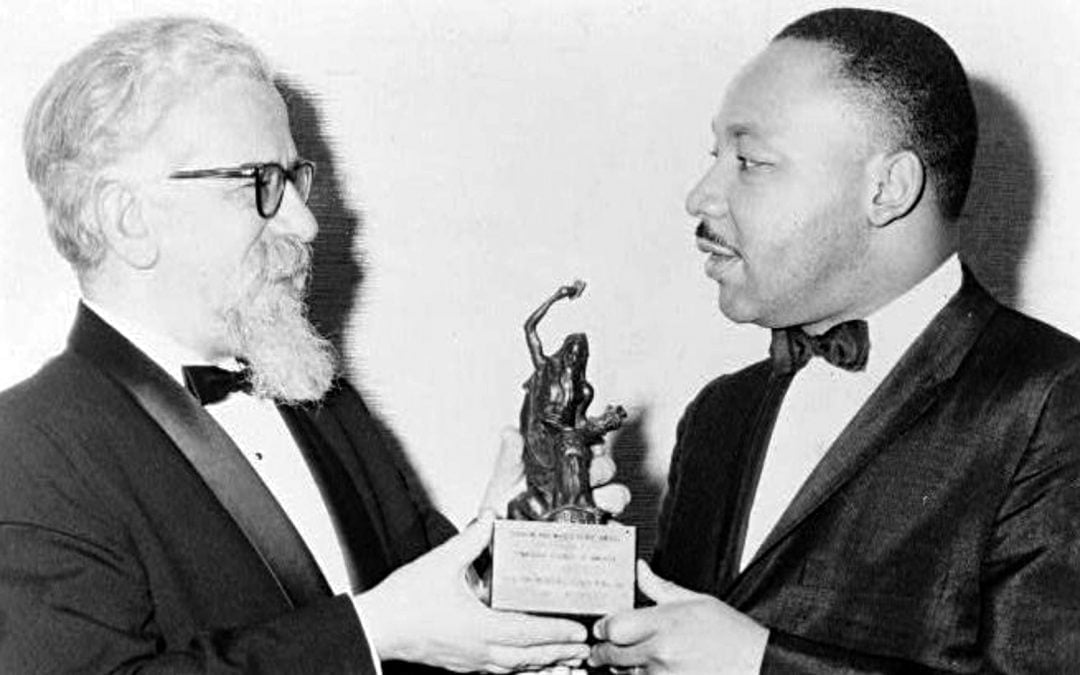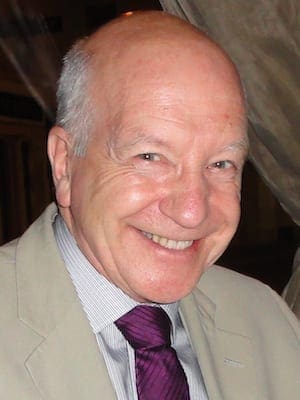I first came across the name Abraham Joshua Heschel while reading early books by Walter Brueggemann. It was Heschel’s work on the prophets he cited.
It’s a remarkable exposition of the Hebrew mind in prophetic mode, when the world is looked at with God on the horizon, and through the lens of trust, even if at times that trust was expressed in defiance.
After that, I went looking for other volumes by this philosopher rabbi and found myself absorbed into a mindset that can best be described as reason within the limits of faith.
This was Jewish faith in love with a world that exists by the gift of God, and in which every human being is a guest expected to behave with courtesy, gratitude and wonder.
Indeed, one of Heschel’s recurring chords is made up of notes like wonder, amazement and awe.
I have read few writers whose words carry within them such freighted ideas of holiness, mystery and the sense of God’s immediacy.
His best work was written in the 1950s and ’60s, two decades of turmoil, change, excitement, danger and expanding possibilities for human hope or harm.
A post war and post Holocaust world. A world of atomic weapons and an arms race, an iron curtain, a space race and a cold war. Korean and Vietnam wars, and civil rights movements. Growing affluence and the birth of the consumer society.
They were years of radical change, technological development and an increasing sense of moral peril as human technical capacity outstripped human moral maturity.
Heschel was convinced that hope lay in human cooperation, mutual respect and help across racial, religious and national borders, an enhanced awareness of how to contain human capacity for conflict born out of fear, greed or lust for power.
He had fled Europe and survived when many of his family and those who lived as his neighbors perished in the Holocaust.
He never forgot the dehumanizing rhetoric, demonizing political ideologies, developed systems of bureaucracy and administration that were used as webs and nets to capture and exterminate his people.
Carbon copies, index cards, ledgers of figures, updated address lists, birth and marriage certificates – good office management at the service of a murderous regime.
Yet, Heschel betrays no nurtured enmities nor cherished bitterness. He lived looking forward, hopeful but not naive, passionate about justice and peace, and his view of the world clarified and deepened by his immersion in the Torah and in the literature of his people.
He was a deeply religious man. If that sounds obvious, then let him describe what that implies in his own words. “A religious man is a person who holds God and man in one thought at one time, at all times, who suffers in himself harms done to others, whose great passion is compassion, whose greatest strength is love and defiance of despair.”
When I’m looking for a refresher course on compassion, I go to Heschel; if I forget what holiness looks like and acts like, I read Heschel.
If I look at the mess of the world, globalized, polarized and destabilized, I ponder words like those above and pray to be the kind of person he describes, and that last clause, “whose greatest strength is love and defiance of despair.”
I can happily make that a mission statement for a life lived well.
Editor’s note: A version of this article first appeared on Gordon’s blog, Living Wittily. It is used with permission.
Part-time minister of Montrose Baptist Church in Angus, Scotland, and the former principal of the Scottish Baptist College. He is on the advisory board of the Centre for Ministry Studies, University of Aberdeen, and is honorary lecturer in the School of Divinity, History and Philosophy.


